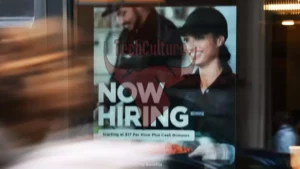In a recent interview with CNN, renowned physicist Michio Kaku made a thought-provoking statement regarding AI chatbots. Kaku dismissively referred to these chatbots as “glorified tape recorders,” suggesting that we may be overestimating their true capabilities. This statement has sparked a lively debate among experts and enthusiasts alike, questioning the extent to which AI chatbots can truly mimic human intelligence.
Kaku’s analogy of chatbots being akin to tape recorders highlights his skepticism about their ability to truly understand and engage in meaningful conversations. While AI chatbots like ChatGPT have made significant strides in natural language processing, there is still a long way to go before they can match the depth of human comprehension and empathy. Critics argue that these chatbots often rely on pre-programmed responses and lack the ability to truly comprehend the context and nuances of human conversation.
However, it is important to note that AI chatbots have their own unique strengths and applications. They can efficiently handle simple and repetitive tasks, provide quick customer service support, and even assist in language translation. Despite their limitations, these chatbots have already found practical uses in various industries, making them valuable tools for businesses and individuals alike.
Michio Kaku’s dismissal of AI chatbots as “glorified tape recorders” raises valid concerns about the extent of their capabilities. While they may fall short in replicating human intelligence, it is crucial to recognize the progress they have made and the practical applications they offer. As technology continues to advance, it will be fascinating to witness the evolution of AI chatbots and their potential to bridge the gap between human and artificial intelligence.




